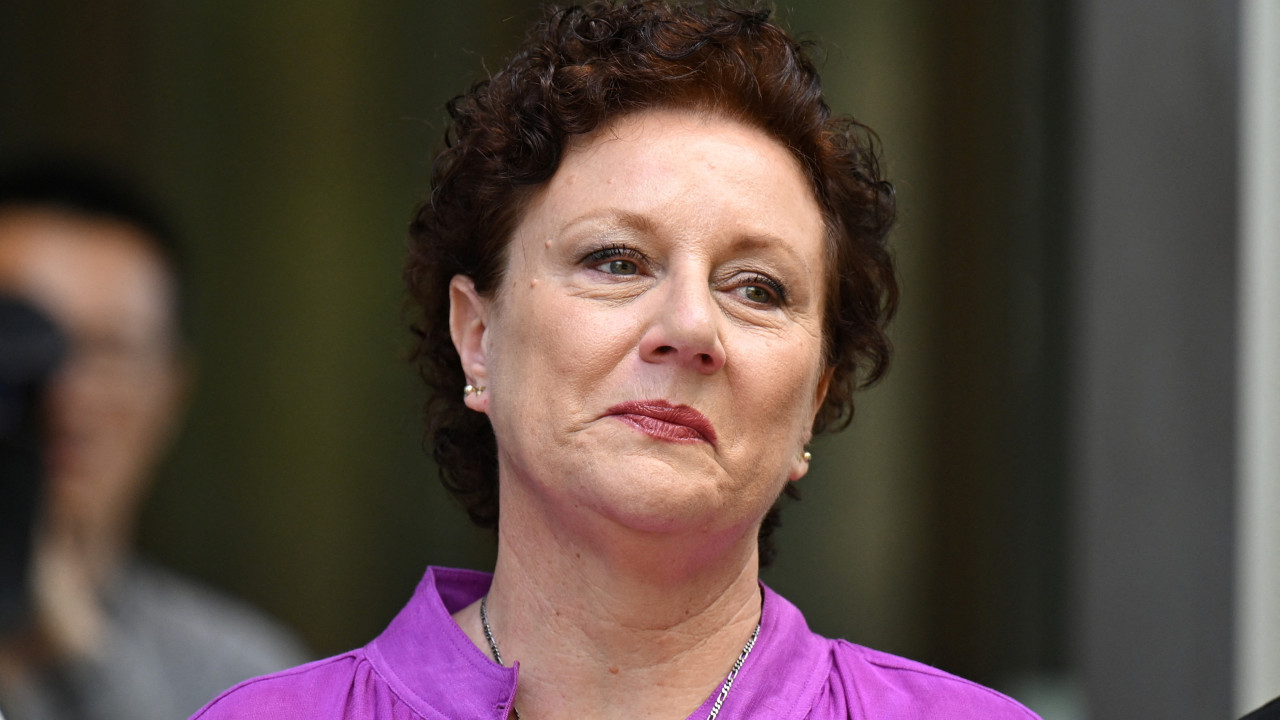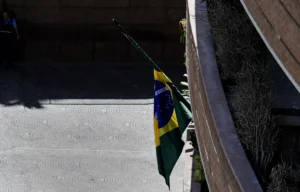
“Ethere are reasonable doubts as to the culpability of [Kathleen] Folbigg, which justifies that each of the convictions [por três crimes de homicídio e um crime de homicídio involuntário] be annulled and that sentences of acquittal be handed down”, according to the summary of the ruling published by the Court of Criminal Appeal of the state of New South Wales.
The case of the 56-year-old Australian woman was reopened in 2021 following an investigation coordinated by a Spanish scientist who linked the deaths to genetic defects.
Kathleen Folbigg had been sentenced in 2003 to 40 years in prison, reduced to 30 years in 2005, for the death of her children Caleb, Patrick, Sarah and Laura, between 1989 and 1999, when they were between 19 days and 18 months old.
“I was hoping and praying that one day I could be here with my name cleared,” Folbigg said in Sydney after learning of the ruling from New South Wales’ highest court of appeal.
“The system preferred to blame me rather than accept that sometimes children can and do die in a sudden, unexpected and heartbreaking way”, lamented Folbigg, who was dubbed “Australia’s worst serial killer”.
The current decision is based on the conclusions of a review of the case carried out by former judge Tom Bathurst, who concluded that there was “reasonable doubt” as to Folbigg’s guilt, which led the state governor, Margaret Beazley, to sign the woman’s pardon in last June.
Following the pardon, Folbigg was released, while Bathurst referred the case to the Court of Appeal to quash the convictions or order a new trial.
In its ruling, the Court of Appeal agreed with Bathurst on the new scientific evidence, as well as the conclusion that Folbigg’s diary entries, which were used to incriminate her, were not “reliable confessions of guilt”.
In a reaction to the press, Folbigg expressed gratitude for the fact that genetics and scientific advances had provided answers about her children’s deaths, but regretted that, in 1999, the defense had “legal answers to prove” innocence and that these were ” ignored and rejected.”
“The suffering of an innocent woman can and should be recognized and become an important impetus for improving our judicial system,” said lawyer Rhanee Rego, stressing that she will seek substantial compensation for Folbigg.
The case was reopened following a letter sent in 2021 to Australian authorities by around 100 scientists, including two Nobel Prize winners, asking for Folbigg’s pardon and immediate release.
The trigger for the request were the conclusions reached in 2020 by a team of scientists, coordinated by the Spanish immunologist Carola García de Vinuesa and led by the Danish Michael Toft Overgaard, who pointed out that the deaths of the Folbigg babies could be due to genetic causes.
Furthermore, the study, carried out by an international team of 27 scientists, found that the children carried rare variants of a gene that kills rodents through epileptic seizures.
“This is very good news and a warning that the justice system needs to listen more to science and value the contribution of genomic medicine to understanding the cause of sudden death and rare diseases before blaming mothers,” he said. the Spanish one, in an email sent to the EFE news agency.
Read Also: 20-year-old man loses leg in shark attack in Australia
All News. By the Minute.
Seventh consecutive year Consumer Choice for Online Press.
Download our free App.
Source: https://www.noticiasaominuto.com/mundo/2461067/anulada-condenacao-de-australiana-presa-durante-20-anos-por-matar-filhos


